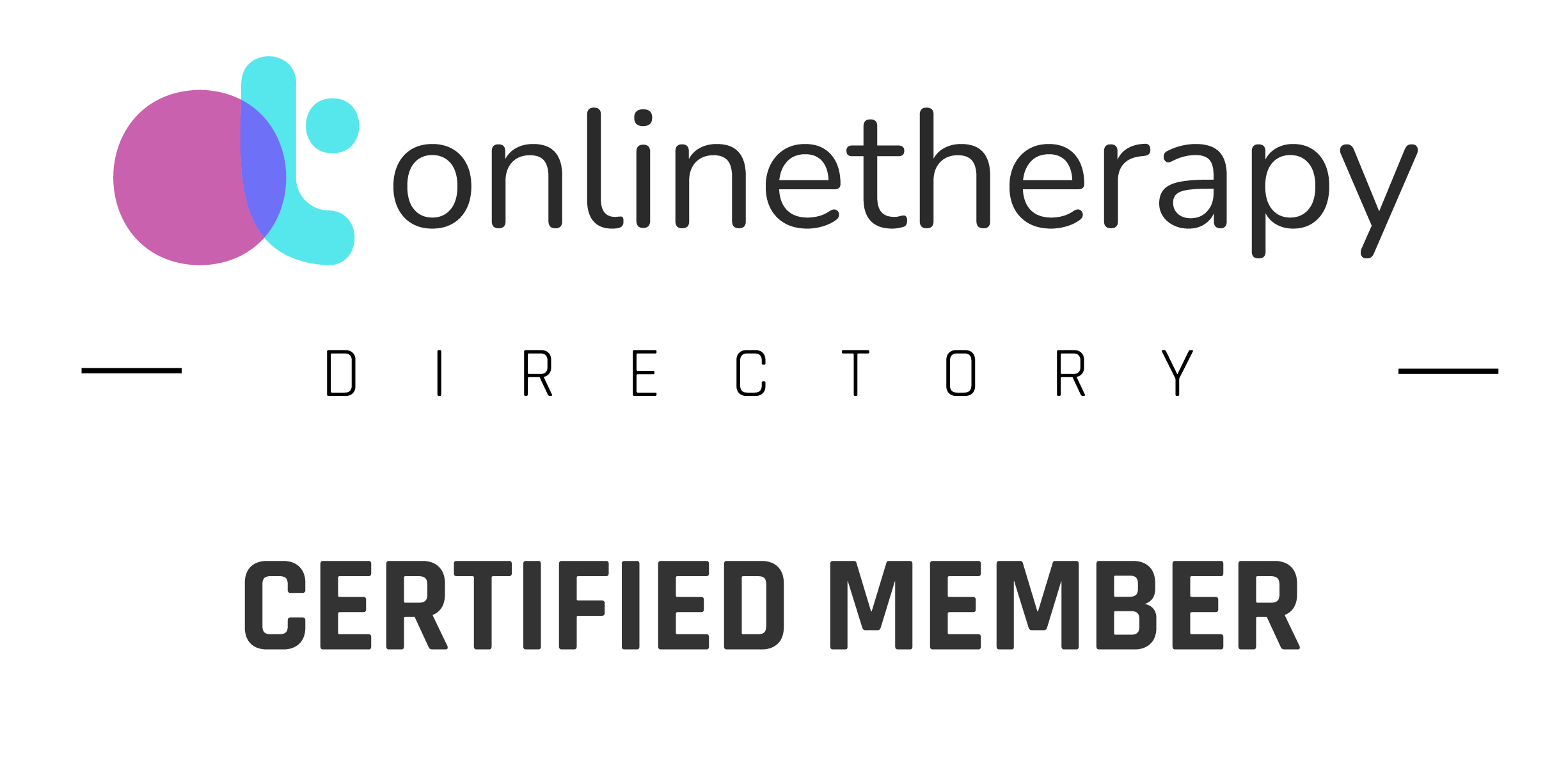The holiday season often brings an air of festivity, warmth, and togetherness. Yet, as the celebrations wind down, many people find themselves grappling with a wave of sadness or depression. This phenomenon, often called post-holiday depression, is a common yet under-discussed mental health challenge that affects countless individuals each year.
For those struggling to cope, understanding the symptoms and exploring options such as depression treatment centers or depression and anxiety therapy can be transformative.
The Emotional Rollercoaster of the Holidays
The holidays can be an intense period filled with joy, connection, and occasionally stress. Family gatherings, gift exchanges, and festive traditions often create a whirlwind of emotions. For some, it’s a time to reconnect with loved ones, but for others, it can bring feelings of loneliness or anxiety. This emotional intensity makes the abrupt return to normalcy after the holidays all the more jarring, leaving a void that can feel overwhelming.
Factors Contributing to Post-Holiday Depression
Several factors contribute to the onset of post-holiday depression, including:
- Financial Strain: The expenses of holiday gifts, travel, and hosting can leave people with lingering financial stress.
- Unmet Expectations: High hopes for holiday perfection can lead to disappointment if things don’t go as planned.
- Exhaustion: The constant hustle during the season can result in physical and emotional burnout.
- Seasonal Affective Disorder (SAD): The shorter days and reduced sunlight during winter months can exacerbate feelings of sadness for some individuals.
- Social Isolation: For those who spent the holidays alone or had strained family interactions, this period can heighten feelings of loneliness.
These factors create fertile ground for post-holiday blues, affecting individuals differently based on their unique circumstances. For those overwhelmed, professional support from depression treatment centers may offer valuable guidance.

Symptoms of Post-Holiday Depression
Recognizing the symptoms of post-holiday depression is crucial for managing it effectively. Common signs include:
- Persistent feelings of sadness or emptiness.
- Fatigue or low energy.
- Difficulty concentrating or staying motivated.
- Increased irritability or mood swings.
- Loss of interest in activities that were previously enjoyable.
- Changes in sleep patterns, such as insomnia or oversleeping.
While these symptoms often subside as people adjust to post-holiday routines, persistent or severe signs may require professional intervention, such as depression and anxiety therapy.
Coping Mechanisms
Managing post-holiday depression involves proactive steps to restore balance and emotional well-being. Here are some strategies:
- Establish a Routine: Returning to a regular schedule can create a sense of stability. Focus on consistent sleep patterns, balanced meals, and daily activities.
- Set Realistic Goals: Avoid overwhelming yourself with New Year’s resolutions. Start with small, achievable goals to regain a sense of accomplishment.
- Stay Active: Physical activity releases endorphins, which help combat depressive symptoms. A brisk walk, yoga, or gym session can work wonders.
- Practice Self-Care: Dedicate time to activities that nourish your soul, such as reading, meditation, or hobbies.
- Connect with Loved Ones: Reach out to friends or family to share your feelings. Social connections can provide comfort and perspective.
- Limit Social Media: Comparing your post-holiday life to others on social media can exacerbate feelings of inadequacy. Take a break if needed.
If these strategies don’t ease your symptoms, seeking help from depression treatment centers or engaging in depression and anxiety therapy can be a crucial next step.
Seeking Professional Support
When feelings of depression persist or worsen, professional support is essential. Depression treatment centers offer specialized care in a supportive environment. Here, trained professionals provide individualized treatment plans, combining therapies like cognitive-behavioral therapy (CBT), group sessions, and medication management when necessary.
For those dealing with both depression and anxiety, therapy tailored to address these interconnected issues can provide relief. Depression and anxiety therapy often focuses on managing triggers, building coping mechanisms, and fostering resilience.
Find Holiday Counseling in Reno, NV
Post-holiday depression is a common response to the emotional highs and lows of the festive season. Whether through self-care, reconnecting with loved ones, or seeking professional help, remember that these feelings are temporary and manageable.
If you or someone you know is struggling with post-holiday depression, consider reaching out to depression treatment centers or exploring depression and anxiety therapy options. Professional guidance can make a profound difference in helping you regain your emotional balance and start the year on a positive note.
Mind and Body Counselling Associates™ is a Reno-based therapy practice that serves the mental health needs of individuals, families, couples, children, and teens. Take the first step toward healing today—because your mental well-being is worth it. Contact us.


